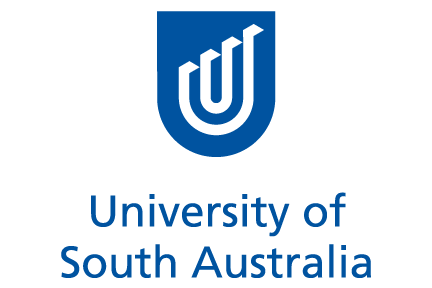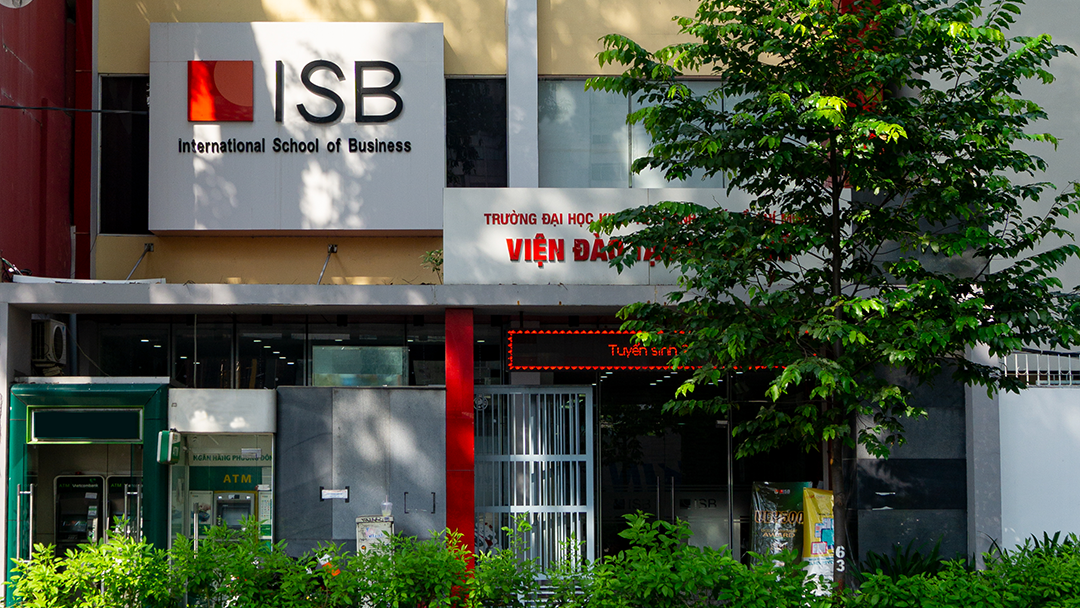Your thoughts matter, and we look forward to hearing from you!
Feel free to reach out to us effortlessly through our user-friendly contacts form. Whether you have inquiries, suggestions, or feedback, this streamlined communication channel ensures a prompt and efficient response.
Job resources including workplace authority and co-worker social support, reward and job control received by employees to achieve their work goals are described as “those physical, social, or organisational aspects of the job that may involve any of the following: (a) be functional in achieving work goals; (b) reduce job demands and the associated physiological and psychological costs; (c) stimulate personal growth and development” (Demerouti et al. 2000, p. 501).
Learn More
See more data visualisations by the STRESSCAFÉ team
Workplace Decision Authority
Work Decision Authority denotes the extent to which an employee is independent to make work-related decisions such as time management, tasks prioritisation and method control in the organisational policies framework.
Skill Discretion
Skill Discretion refers to the range of required skills functioning on a certain position at work. Thus, skill discretion is conceptually different from Decision Authority and corresponds to employees' control over the job.
Supervisors and Co-workers Social Support
Social Support (Supervisors and Co-workers) refers to the extent to which workers believe their colleagues value their involvements and behave in a friendly, supportive, and respectful way.
Organisational Rewards
In Effort-Reward Imbalance (ERI) theory (Siegrist, 1996), organisational rewards refer to salary, esteem, and job opportunities including job promotion, consistency and security for external job demands and obligations.
PSC and Job Resources
PSC predicts work-related resources such as skill discretion (Dollard & Bakker, 2010), work rewards (Law et al., 2011; Owen, et al., 2016), job control and supervisor support (Dollard et al., 2012). In this way, PSC through strong connections with job resources, which are negatively related to health outcomes and positively related to productivity outcomes, acts as a central upstream point to prevent psychosocial risks and hazards at work (Afsharian, et al., 2018).








